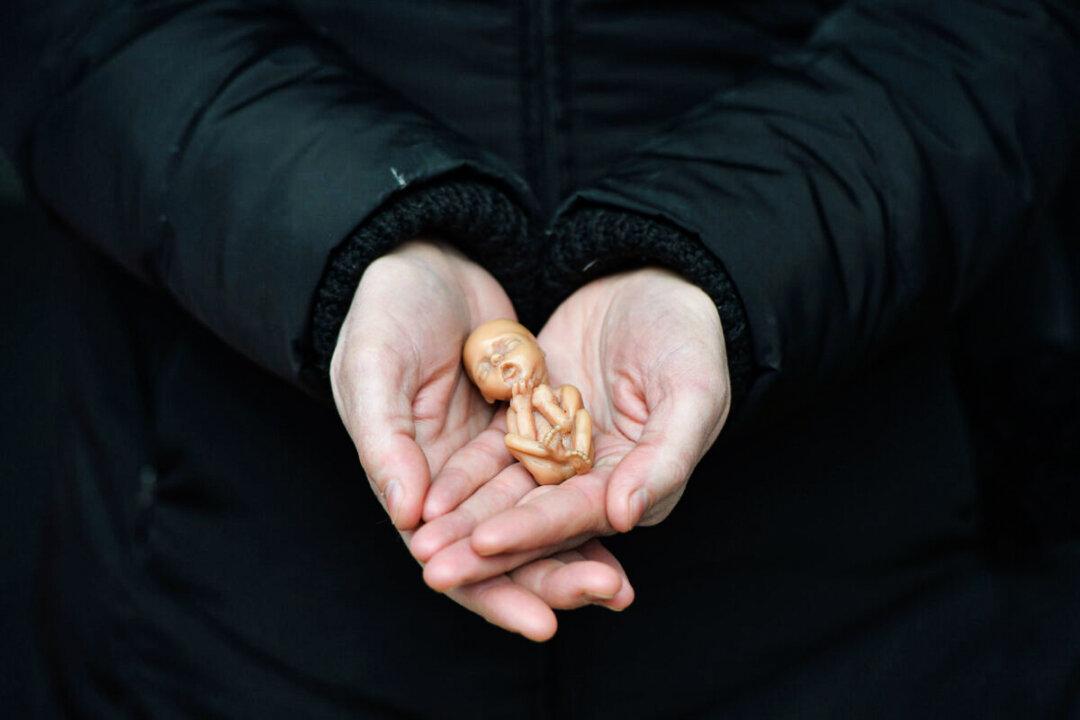The Florida legislature has passed a bill to prohibit abortions after 15 weeks of pregnancy, with no exception for rape or incest, sending the bill to Gov. Ron DeSantis’s desk.
The state’s Senate passed the measure 23–15 late on Thursday, after the House had passed it on Feb. 16 with a vote of 78–39. Both chambers hold a Republican majority.




